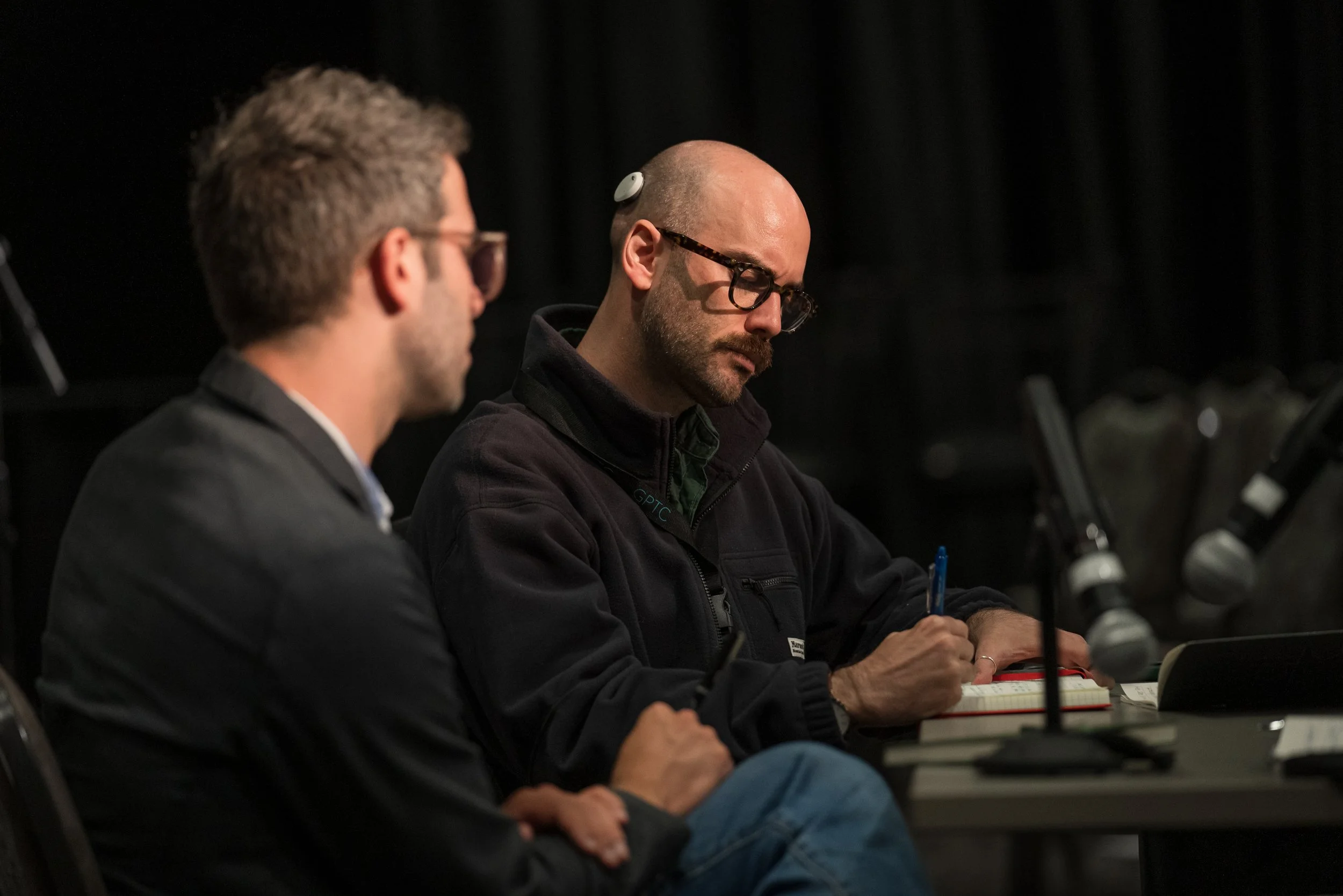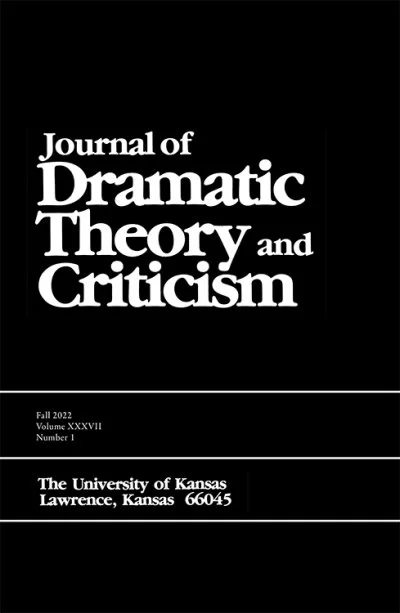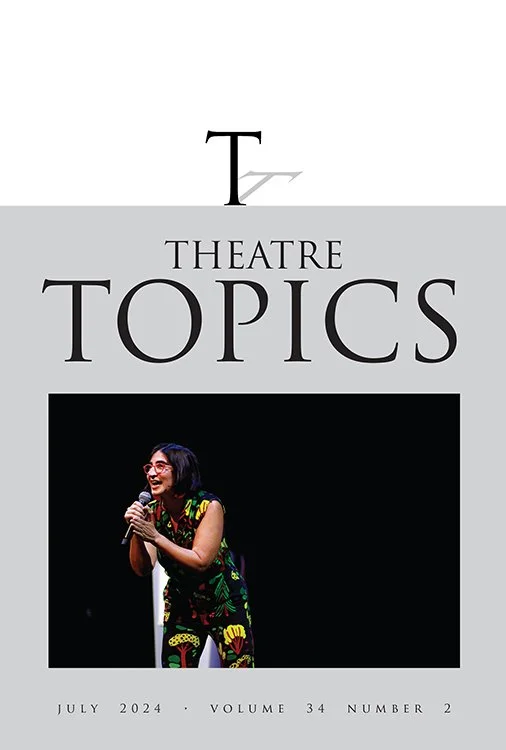
Disability & Drama scholar
challenging disciplinary boundaries in classrooms and theatre venues
I came to researching drama through an artistic practice that treats playscripts and the bodies enlivening them as two sides of the same coin. In my early days as a deaf theatermaker, I grew increasingly frustrated by the ways in which disability is represented in artistic works and absent in audition rooms, rehearsal halls, and performance venues. Early in my career, I took a summer literary internship at the Eugene O’Neill Theater Center to explore better ways of creating theater. On my first day, the literary manager told me that the best tool in a dramaturg’s kit is listening. This casual bit of advice changed the arc of my professional life.
As a scholar, teacher, and artist, I consider my skill sets to be rooted in active listening. Given that I use a cochlear implant to facilitate my hearing, it’s fair to say that I’ve given a lot of thought to what it means to cultivate an active listening practice and use what I’ve learned to create, inspire, teach, and empower.

“Sam collaborated with us both individually and as a group, making an effort to keep everyone on the same page and informed about upcoming tasks. they actively shared ideas, listened to our perspectives, and encouraged us to contribute our vision for the course, fostering an engaged and collaborative environment.”
– Student Evaluation, Graduate Research Methods, Fall 2024








